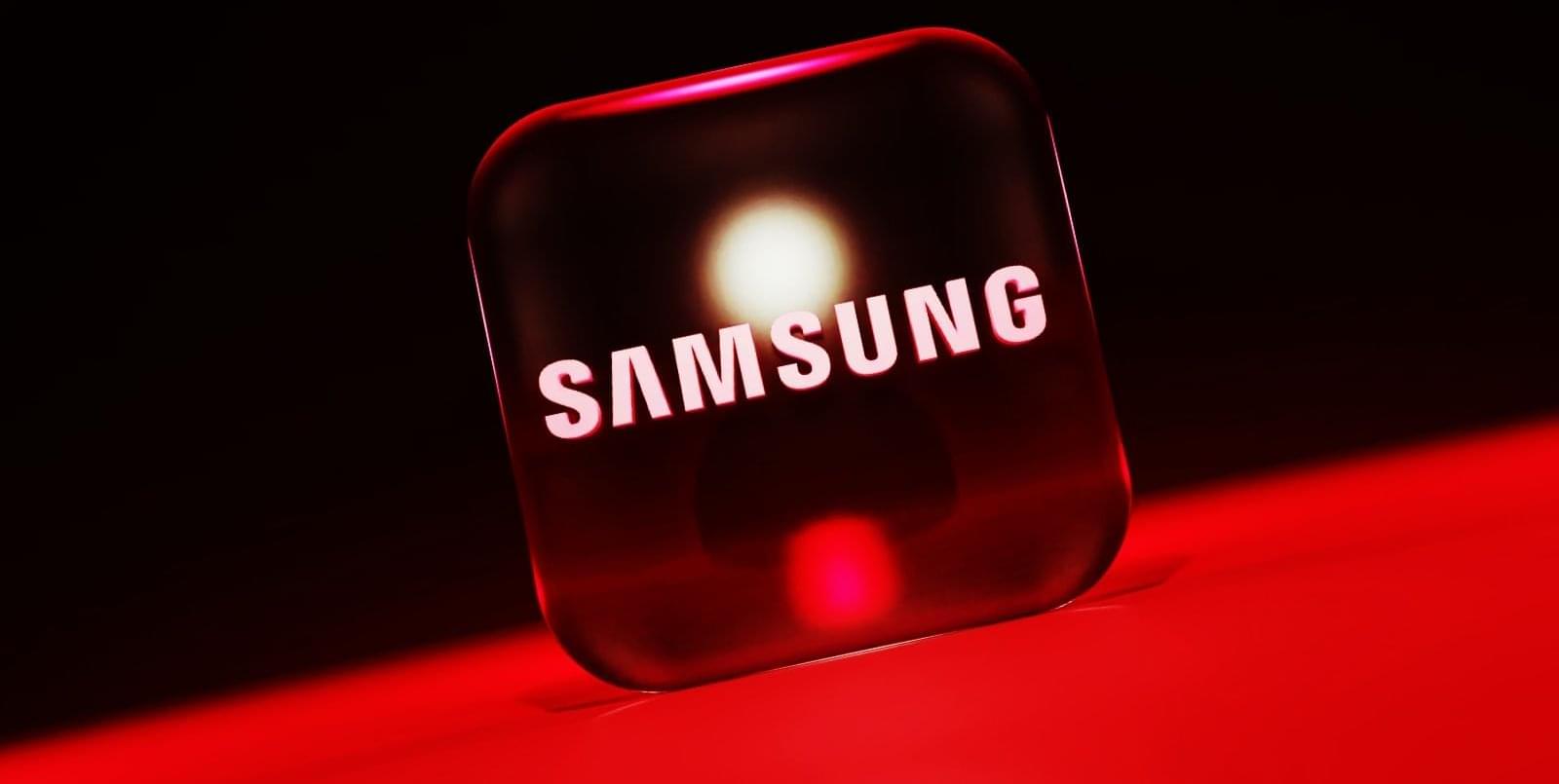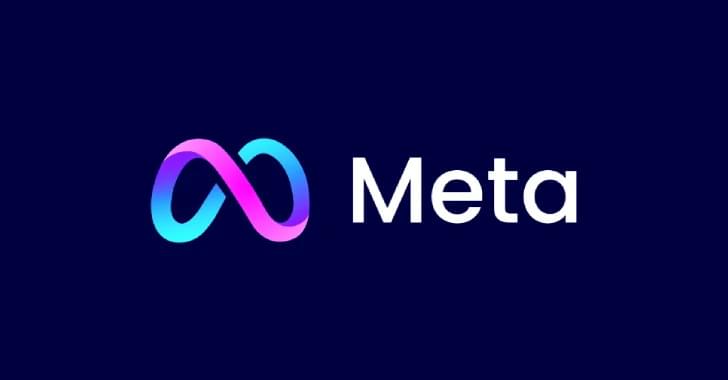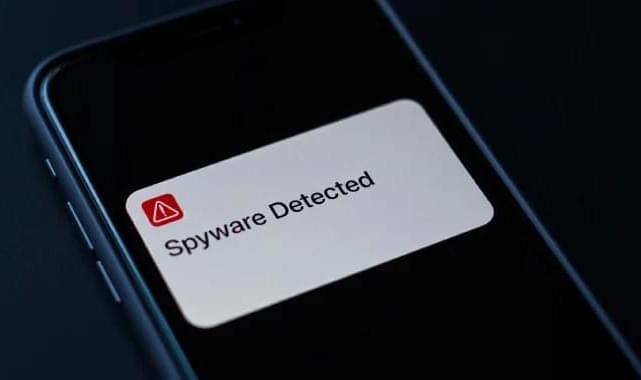Millisecond pulsar binaries may produce the excess 511 keV photons seen in the galaxy. These systems could expose hidden pulsars and even exoplanets. Many astrophysicists devote their work to tracing the origins of photons, since certain types are closely linked to specific cosmic processes. Iden
Get the latest international news and world events from around the world.

Samsung patches actively exploited zero-day reported by WhatsApp
Samsung has patched a remote code execution vulnerability that was exploited in zero-day attacks targeting its Android devices.
Tracked as CVE-2025–21043, this critical security flaw affects Samsung devices running Android 13 or later and was reported by the security teams of Meta and WhatsApp on August 13.
As Samsung explains in a recently updated advisory, this vulnerability was discovered in libimagecodec.quram.so (a closed-source image parsing library developed by Quramsoft that implements support for various image formats) and is caused by an out-of-bounds write weakness that allows attackers to execute malicious code on vulnerable devices remotely.

New HybridPetya ransomware can bypass UEFI Secure Boot
A recently discovered ransomware strain called HybridPetya can bypass the UEFI Secure Boot feature to install a malicious application on the EFI System Partition.
HybridPetya appears inspired by the destructive Petya/NotPetya malware that encrypted computers and prevented Windows from booting in attacks in 2016 and 2017 but did not provide a recovery option.
Researchers at cybersecurity company ESET found a sample of HybridPetya on VirusTotal. They note that this may be a research project, a proof-of-concept, or an early version of a cybercrime tool still under limited testing.



New HybridPetya Ransomware Bypasses UEFI Secure Boot With CVE-2024–7344 Exploit
HybridPetya ransomware exploits CVE-2024–7344 to bypass UEFI Secure Boot, encrypts NTFS MFT, and demands $1,000 Bitcoin ransom.


World’s First Clinical Trial Showing Lubiprostone AIDS Kidney Function
Chronic kidney disease (CKD) is a major health issue worldwide. Many patients end up requiring regular dialysis to avoid kidney failure and stay alive. Despite the severity of the condition, there are currently no drugs available that improve kidney function. A research group led by Tohoku University Graduate School of Medicine’s Professor Takaaki Abe has found a remarkable solution to treat patients with CKD by co-opting a drug typically used for constipation. This is the first time that this drug (lubiprostone) was shown to prevent the decline of renal function in patients with CKD.
“We noticed that constipation is a symptom that often accompanies CKD, and decided to investigate this link further,” explains Abe. “Essentially, constipation disrupts the intestinal microbiota, which worsens kidney function. Working backwards, we hypothesized that we could improve kidney function by treating constipation.”
To address this issue, the group conducted a multicenter Phase II clinical trial (LUBI-CKD TRIAL) at nine Japanese medical institutions, enrolling 150 patients with moderate CKD. This study evaluated the effects of lubiprostone on kidney function. The results showed that, compared to the placebo group, the decline in kidney function (defined as the estimated glomerular filtration rate: eGFR) was suppressed in a dose-dependent manner in patients treated with 8 µg or 16 µg of lubiprostone.
A drug called lubiprostone — typically used for constipation — was remarkably shown to help patients with chronic kidney disease.
